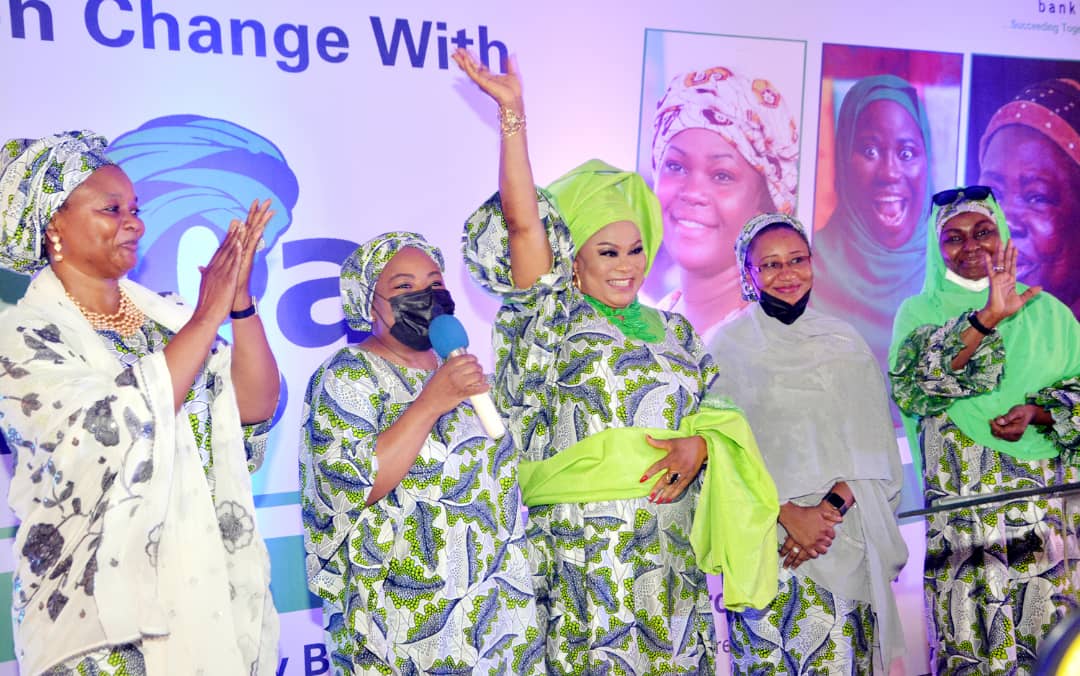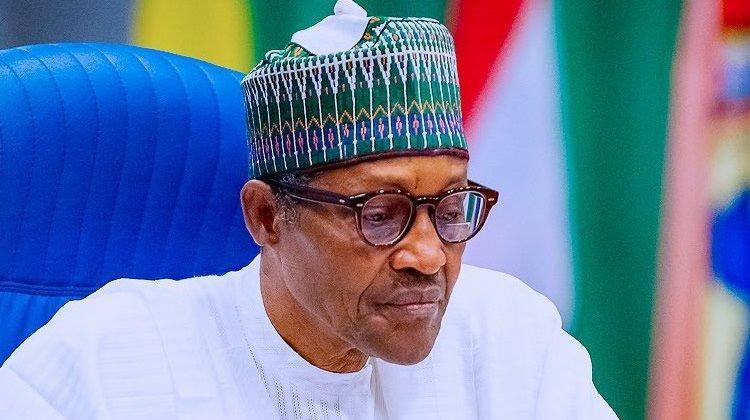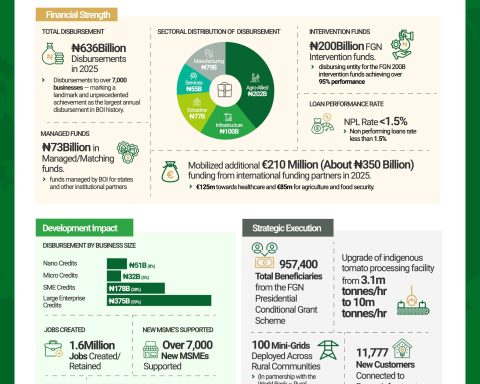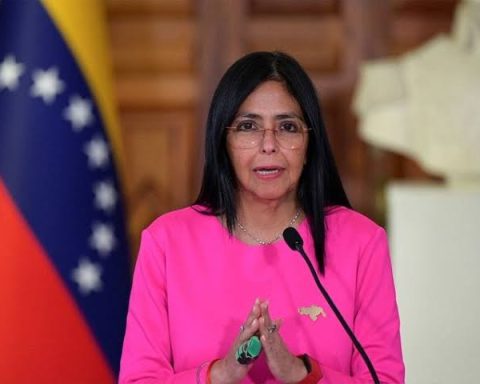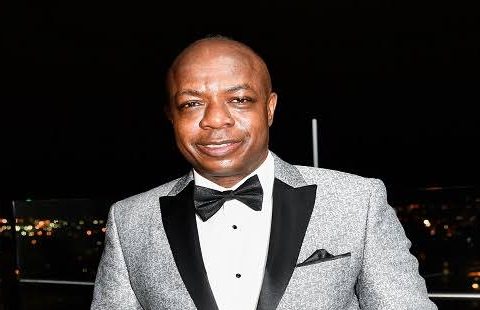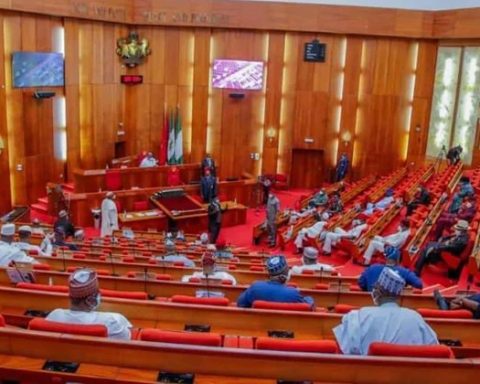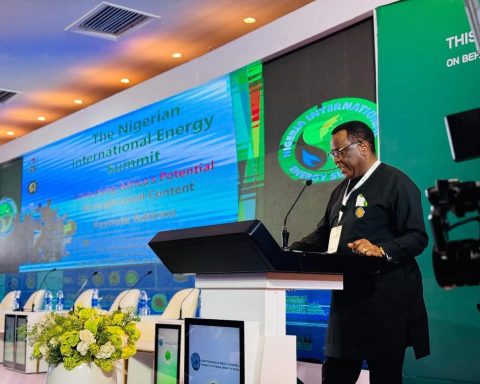The new Yanga Account will incorporate affordable health insurance scheme for women and seek to deepen penetration currently crawling at two per cent
In its continuing demonstration of commitment to financial inclusion and women empowerment, Nigeria’s retail lender, Unity Bank Plc has launched Yanga Account, a new retail product designed to deepen beneficial impact on Micro Small and Medium Enterprises (MSMEs) operated by women in the mass market retail space.
Statistics show a large mass of the financially excluded of which women represent a significant number.
Join our WhatsApp ChannelAvailable data indicate that only 67.5 million (64%) of Nigeria’s 105.5 million adult population are financially included in 2020. A report by the Enhancing Financial Innovation & Access, which was released just six months ago, stated that 38 million Nigerian adults, representing about 36%, stayed completely excluded financially at the end of 2020. About 55% of the excluded 38 million adult Nigerians, representing about 21 million people, are women.
A decade-long financial inclusion growth notwithstanding, Nigeria fell short of the National Financial Inclusion Strategy targets for 2020; and it is yet to be seen if there would be a significant improvement in 2021 report, especially as the country had aimed to reach as much as 70% of its population with formal financial services. It actually reached only 51%.
Unity Bank says its new product is targeted to reach Nigerian women entrepreneurs, which constitutes a critical mass of the unbanked segment.
According to the bank, the initiative intends to create “Yanga Experience,” by building capacity and promoting business owned by women, as well as providing health insurance schemes for Yanga Account holders.
Unity Bank in a statement said listed benefits for signing up to Yanga Account, summing them up in ‘The Yanga Experience’.
” This means that as we target every woman in the mass-market retail space. The Yanga Account holders will enjoy many benefits, including stress-free savings and investment, access to the services of dedicated sales agents, agency banking services close to the location of their businesses, special business seminar and training on how to grow business, access to microloans, customized debit cards and other bundled e-banking products,” said Managing Director/Chief Executive Officer of Unity Bank Plc, Mrs Tomi Somefun, at the launch of the product in Abuja on Tuesday.
READ ALSO: Editorial: Payment Service Banks And Matters Arising
According to Mrs Somefun, “Yanga Account is being launched as a bold attempt to directly cater to women and their respective businesses.”
The banker explained that the account “is open to all market women in farming, fashion design, tailoring, frozen food, pastry and baking, cosmetics, jewellery designs and making, skincare, eateries and restaurants, among others, irrespective of whether they live in urban or rural areas.
“Yanga Account is conceived and designed for the financial literacy and empowerment of Nigerian women. It is about making sure that our women who make up 55% of the financially excluded Nigerians have access to basic and life-changing financial services.”
Recent research by Enhancing Financial Innovation & Access (EFInA) has shown that “Women need economic opportunities if countries are to realize the full potential of their human capital. Financial inclusion can benefit individuals, families, and businesses, supporting key outcomes such as GDP growth”.
Speaking further, Some fun said: “The Yanga account will also be incorporating an affordable health insurance scheme, not only as a part of the product bouquet underpinning the Bank’s belief in health and wellness which translate to wealth creation but also to drive insurance penetration which is presently at two percent (2%) in Nigeria. We, therefore, believe that this will provide essential ingredients to growing a business as well as adding greater value for Yanga account holders.
“At Unity Bank, through products like Yanga Account, we continue to align with the vision of the Central Bank of Nigerian and the financial services ecosystem to provide needed support for Nigerian women by enhancing access to wealth-creating opportunities in the financial services sector”.
Also, speaking, Group Head, Retail, SME Banking and E-Business, Unity Bank Plc, Mr. Funwa Akinmade said: “the official launch of the Yanga Account is an extremely important step for us as a Bank because it is one step that brings our services closer to Nigerian women as Unity Bank makes the efforts to further expand its retail footprints in the market.
“At Unity Bank Plc, we have devoted the past few years to constantly innovating with banking solutions to enable us to drive more financial inclusiveness in different market segments, but the Yanga Account is introduced as a bold attempt to directly cater to women and their respective businesses.
“Unity Yanga is a well-packaged banking product that combines several services that most small businesses owned by women will need to become profitable. We are optimistic that Nigerian women will embrace the Yanga Account and leverage its full benefits to grow their businesses.”


